The changing climate with its more extreme weather is already affecting many plant and animal species and disrupting ecosystem functioning. Glaciers have shrunk, ice on rivers and lakes is breaking up earlier, plant and animal ranges have shifted and trees are flowering sooner.

Climate change insights from the Arctic Climate research
Furthermore, climate change may have important interactions with other anthropogenic impacts (e.g.

How does climate change affect animals. Animals use predictable environmental cues for the timing and navigation of migration. Greenhouse gases in the atmosphere stop all this heat from being lost in space, keeping the planet at an average temperature of 15 degrees celsius. Depending on a species responses to the warming, especially their ability to migrate to new sites, habitat change in many ecoregions has the potential to result in catastrophic species loss.
There's another danger that's invisible, but may be more dangerous than the others put together: No animals dying or shocking images. Loss of sea ice, accelerated sea level rise and longer, more intense heat waves.
Animals have a strong response to all forms of environmental change, but climate change engendered the greatest change in animal behavior, says postdoctoral researcher petri niemelä from the. A change in these cues will affect the phenology and extent of migration. Increased risk of heat and cold stress) and indirectly (e.g.
Climate change can have a negative effect on animal health and welfare directly (e.g. The intergovernmental panel on climate change estimates that 20 to 30 percent of assessed plants and animals could be at risk of extinction if average global temperatures reach the projected levels by 2100. It is their habitat and they are specifically adapted to hunting and breeding on and around it.
Impact of climate change on animals in himalayas. More frequent and intense drought, storms, heat waves, rising sea levels, melting glaciers and warming oceans can directly harm animals, destroy the places they live, and wreak havoc on people’s livelihoods and communities. Change.5 while there has been much work on the effect of climate change on biological systems in general,6 few studies have attempted to gather that information and apply it to how climate change will affect migrations.
In this blog i will talk about the affects on birds and salmon specifically. Firstly, migration is an important part in animal’s lifecycle and has impact on ecological processes and biodiversity. Currently, forests consume roughly a quarter of all anthropogenic co2, yet the more forests are slashed and burned to make way for pastureland or monocrops, the less carbon will be absorbed, resulting in accelerated climate change.
Effects that scientists had predicted in the past would result from global climate change are now occurring: Edu or explainer video (e.g. Climate change has a significant direct effect on terrestrial animals, by being a major driver of the processes of speciation and extinction.
Biologists are becoming more and more concerned that global climate change will drastically reduce biodiversity. Global warming will do to wildlife what it may do to humans. The effects of climate change are being felt by biodiversity in every region on earth, as is evident through the disruption of animal seasonal migrations, feeding and breeding events, alterations of habitat ranges, decreases in ecosystem functionality, interruptions of food chains, and increases in the incidence of animal parasites and diseases.
Migration, in particular, affects biodiversity at regional and global scales, and migratory animals affect ecosystem processes. Some biologists estimate that 35% of animals and plants could become extinct in the wild by 2050 due to global climate change. Climate change is predicted to have many varied impacts on.
Humans and wild animals face new challenges for survival because of climate change. Given this, understanding the responses of species to modern climate change is one of the most pressing issues facing biologists today. The best known example of this is the carboniferous rainforest collapse, which occurred 305 million years ago.this event decimated amphibian populations and spurred on the evolution of reptiles.
Information about species affected by climate change. Fast facts about climate change and species global warming has the potential to cause extinctions in a majority of the world's especially valuable ecosystems. Many, many species of plants and animals are likely to be affected by climate change.
Reducing availability of suitable habitat, decreasing quantity and quality of food and water, changing distribution of infectious disease agents, and increasing the risk of flood, fire, and drought. In general, climate change affects. Climate change is an especially pernicious threat, as it may be difficult to protect species from its effects, even within reserves [8,9].
As the climate changes, animals may be forced to move out of the habitats they're accustomed to — like human refugees. Let’s pick out a few examples: A large part of the suns radiation is reradiated by the earth as heat.
Climate change can affect animals by altering their migration pattern, their birthing period, and their metabolic rates.
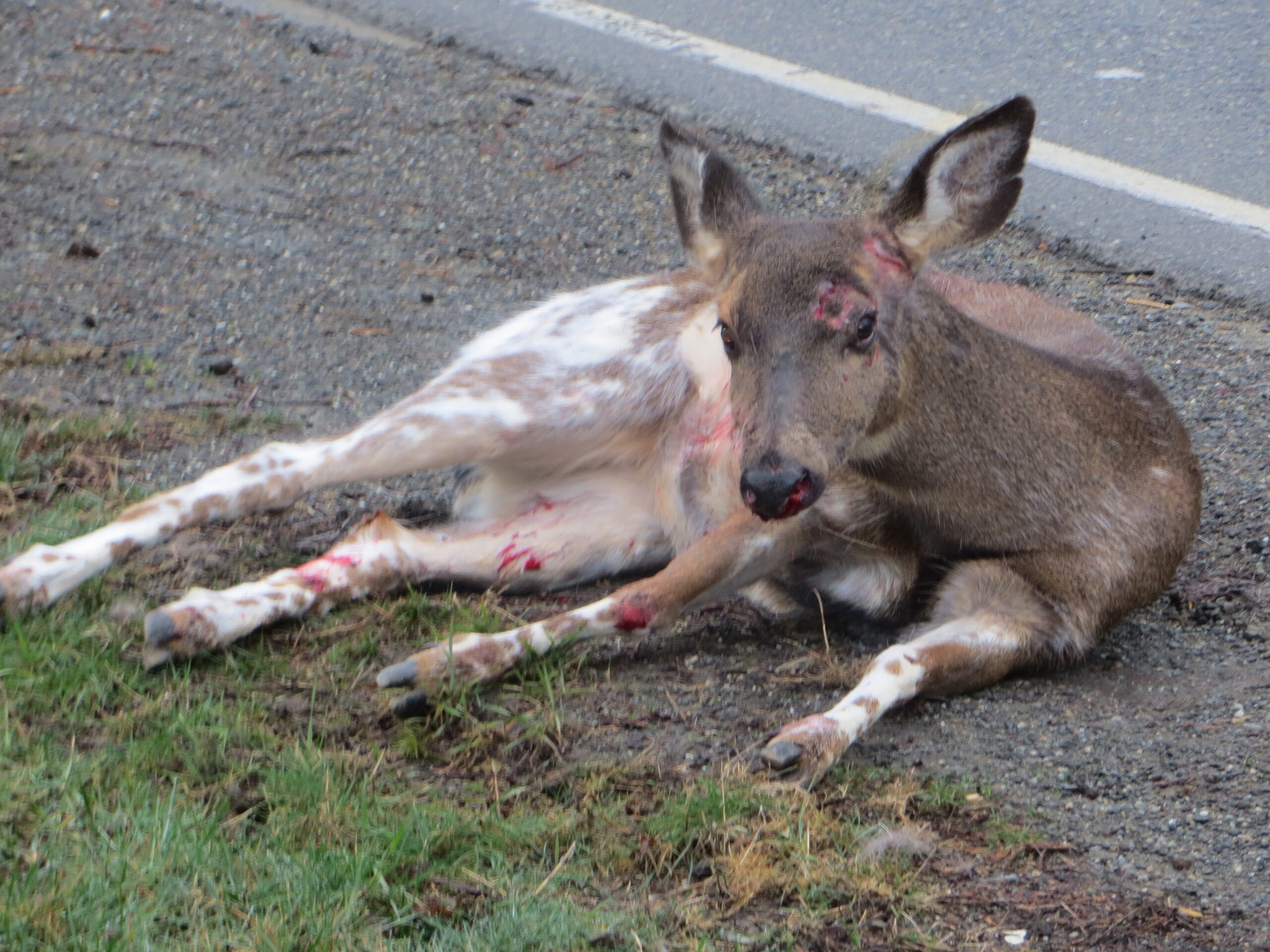
Climate Change and Bowker Creek Learning Portal
Climate Change & Birds wbumadison
Photographer behind viral starving polar bear admits ‘it
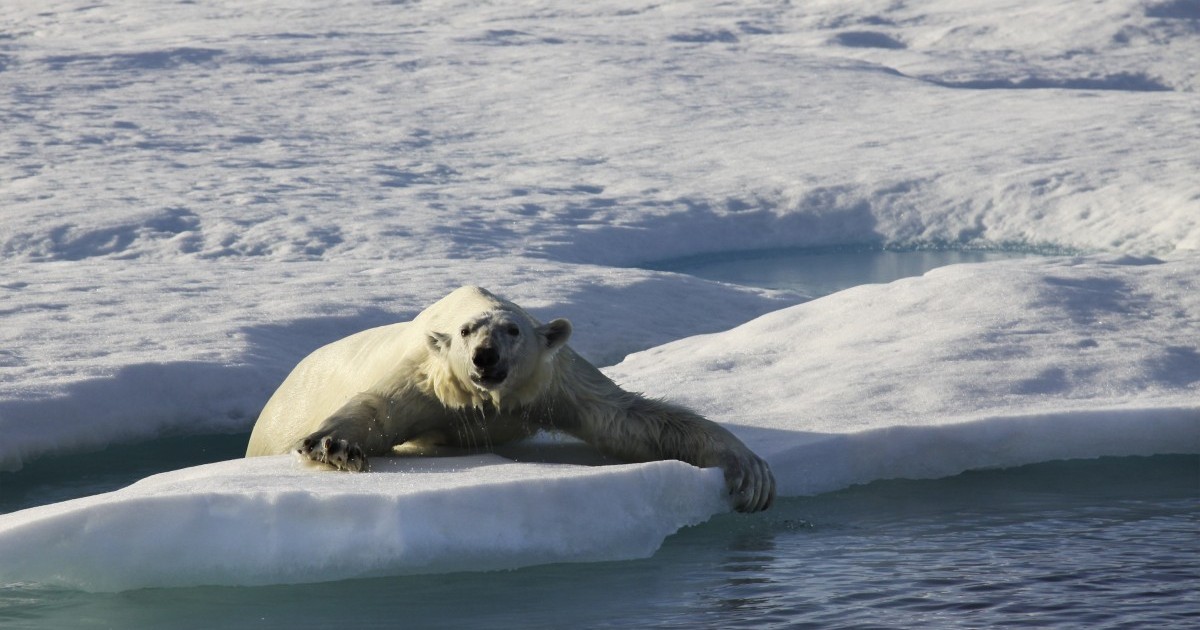
Eating Meat Is Just as Bad as Denying Climate Change. Here

Climate change impact on animals 'underappreciated' study
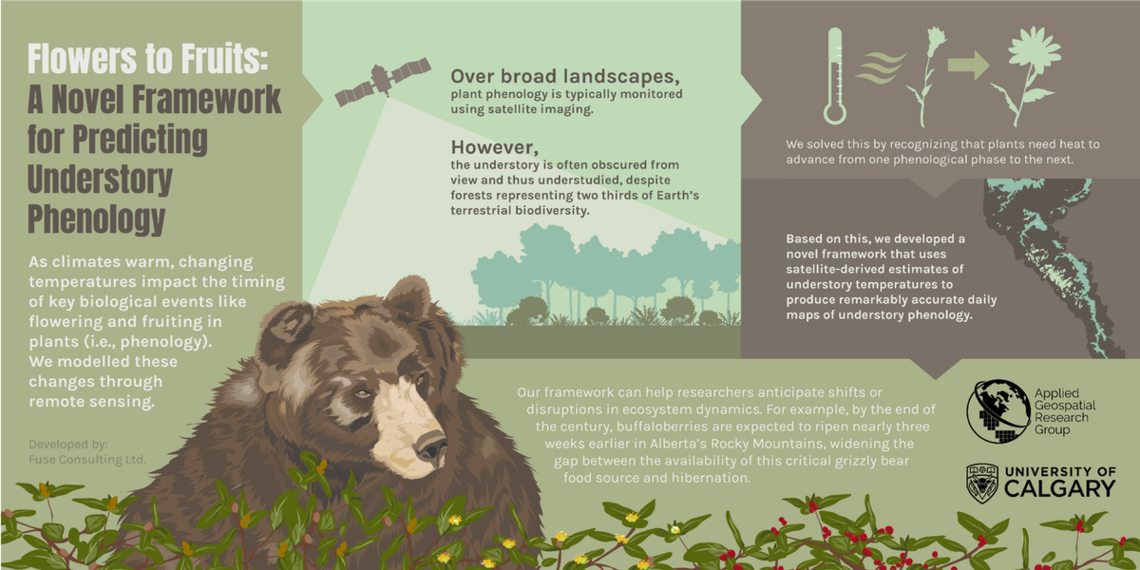
Alberta grizzly bears will feel the effects of climate
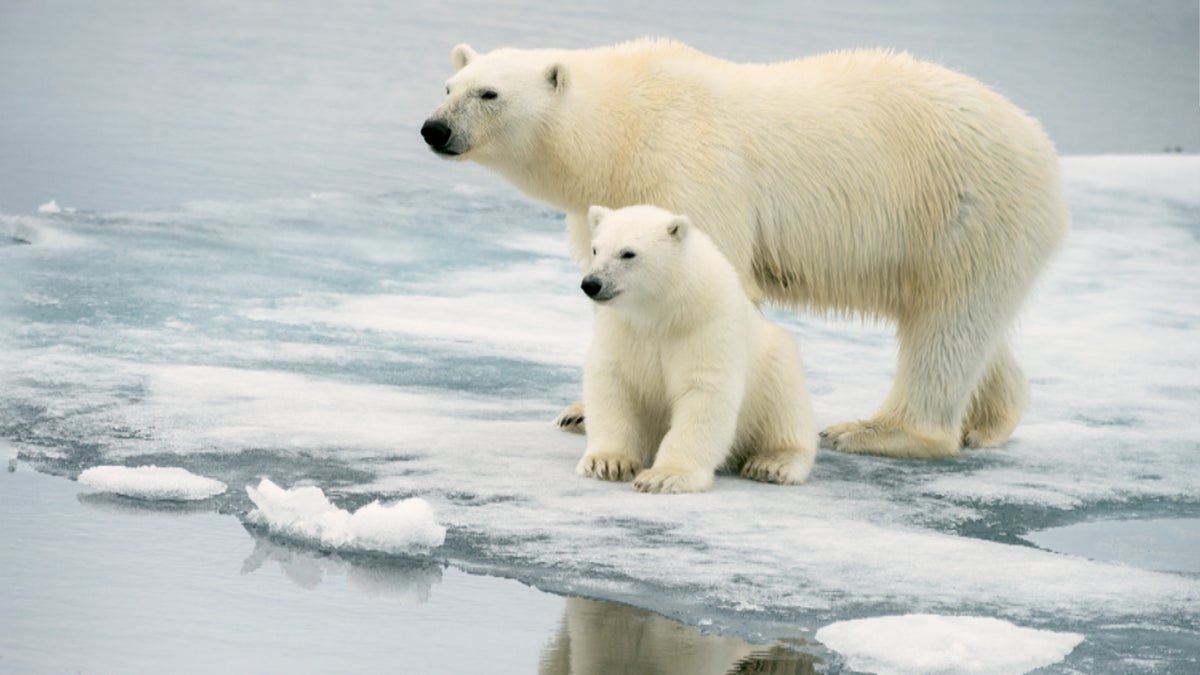
Organization Aims to Protect Polar Bears from Climate Change

WWF Climate Director Global Warming Has Devastating
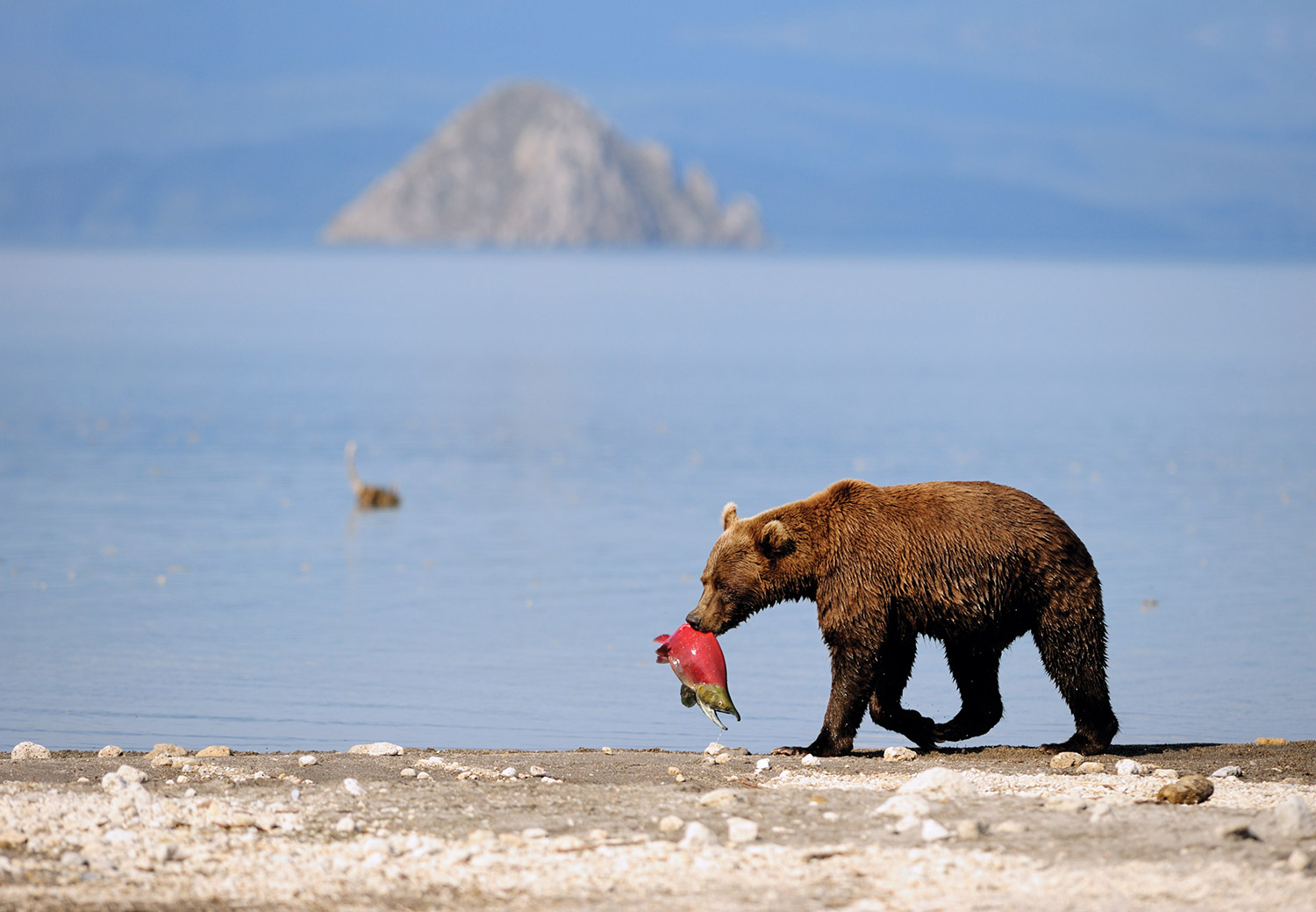
How is climate change affecting salmon and shellfish
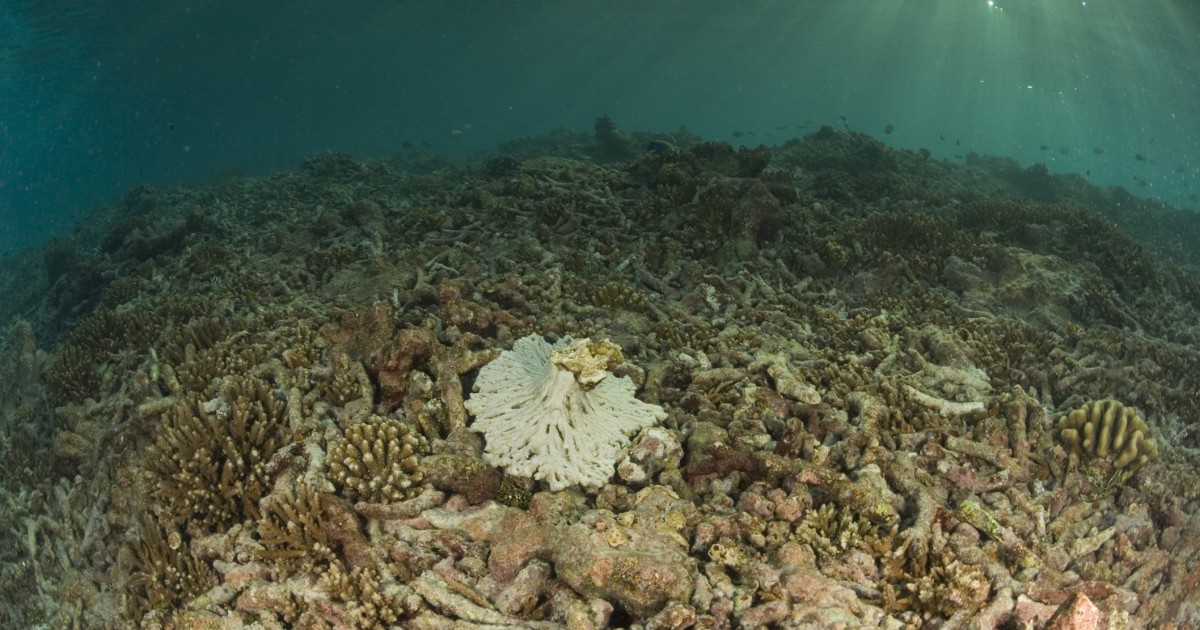
Climate Change Is Making the Ocean Warmer and Killing
Climate Change Environmental Science

Impact of climate change on species WWF Arctic
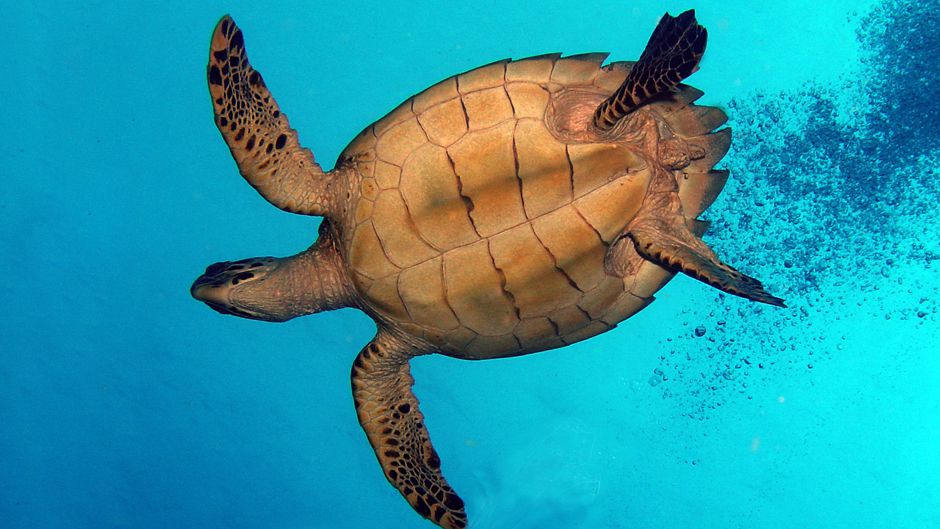
Climate Change May Affect Your Travel Plans and Those of
Effect on Ecosystems and Agriculture ES Project

Northern reindeer, muskoxen, caribou feel effects of

4 Facts Of Plastic Water Bottles And The Impact To Climate
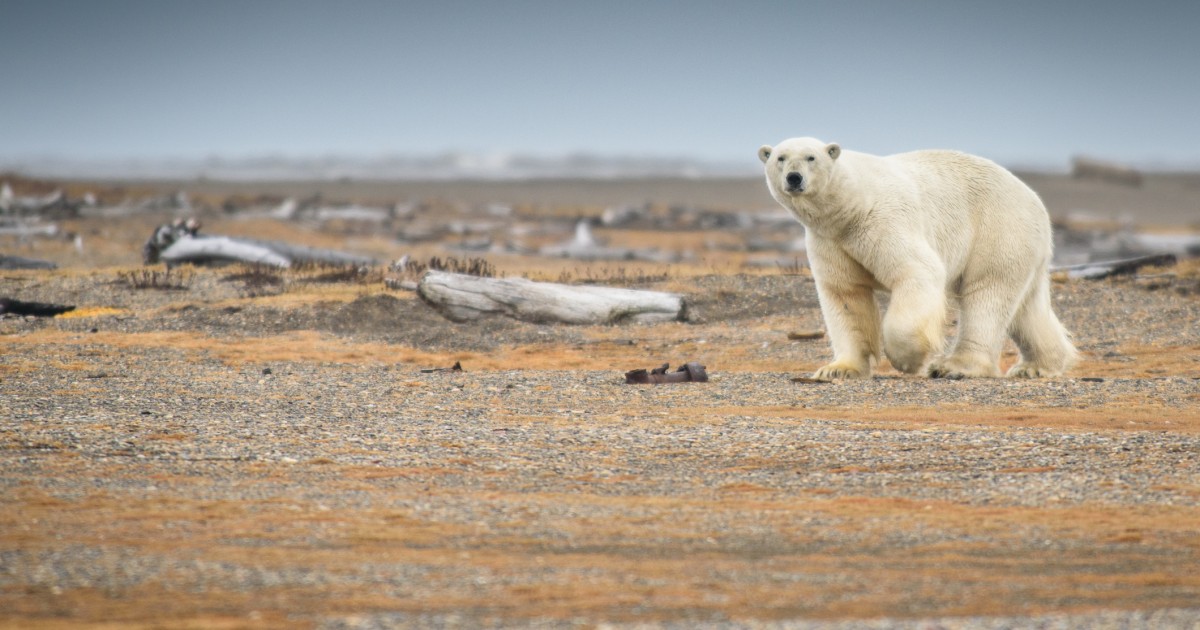
STUDY More Americans Than Ever Believe in Climate Change
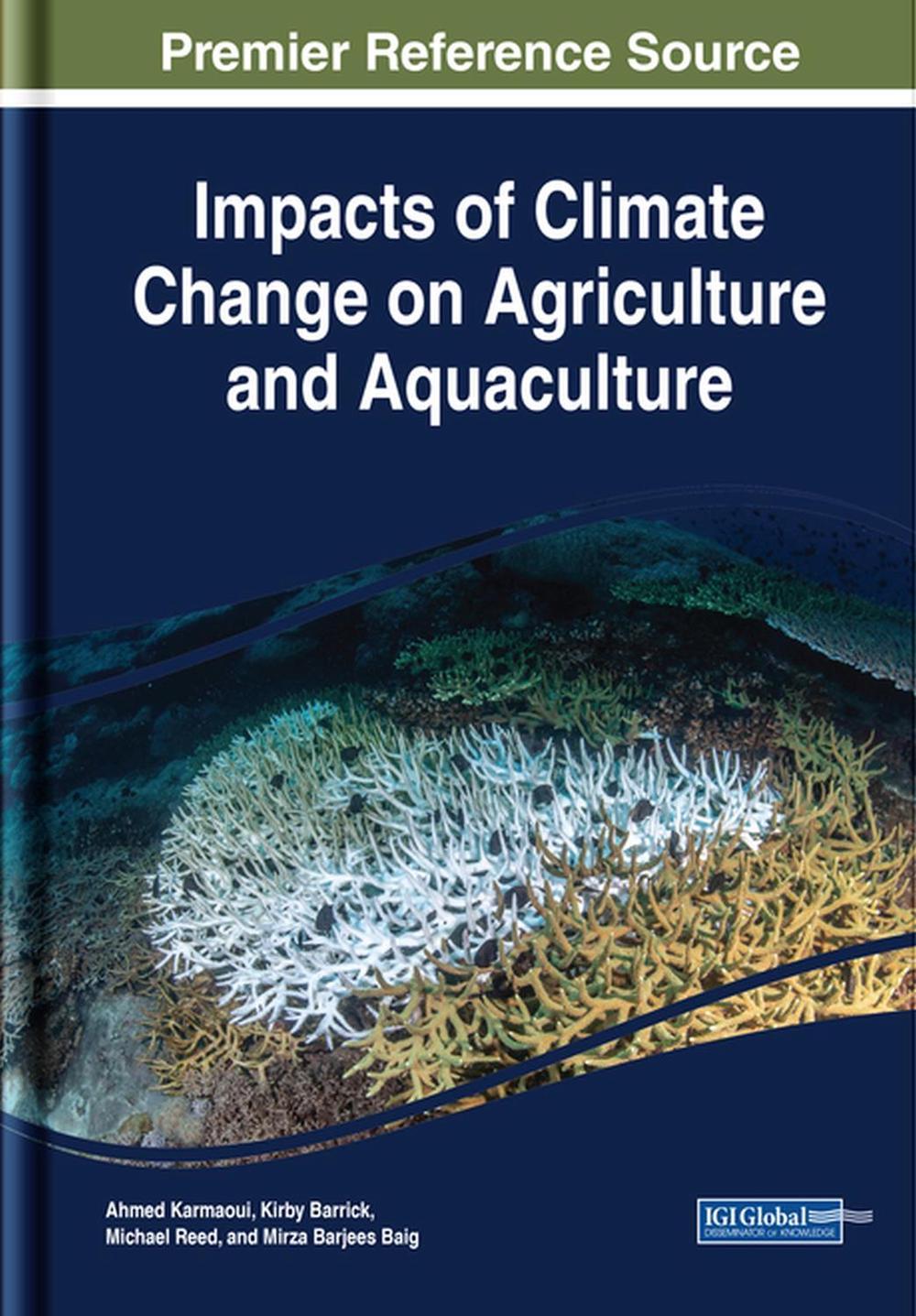
Impacts of Climate Change on Agriculture, Aquaculture, and
Photographer behind viral starving polar bear admits ‘it

